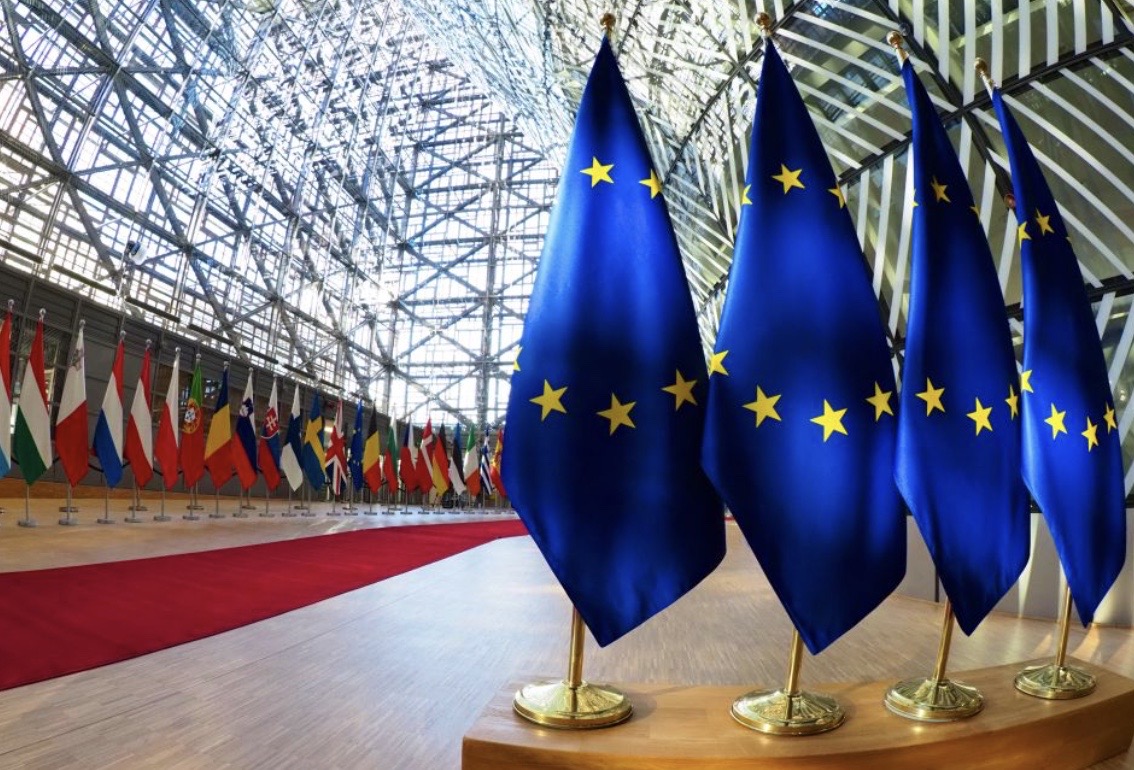An important meeting was held yesterday I recommend Tte, transport, telecommunications and energy where the various EU countries represented their positions on the nascent issue Ia act. Today the Commission, Parliament and Council could find a solution and draft the founding and guiding document for the development of AI at community level.
The key point that slows down the decisions of member countries is on the rules to be applied to AI systems and models such as those that have already invaded the market, based on chatbots such as OpenAI's ChatGpt or Google's Lamda.
Another issue, more delicate and of particular interest to Italy, is the use of AI for police and surveillance tasks where Parliament would like strict rules while the Council advocates for greater freedom to be granted to the police forces (freedom that would jeopardize the privacy of citizens).
Representing Italy is the undersecretary at Palazzo Chigi, Alessio Butti who remarked to the press agency: "Our country insists that all AI models and systems fall within a framework of certain and simple rules, accompanied by sanctions for each AI model and system, including the founding ones. Italy confirms that the regulatory framework can benefit from codes of conduct which, without replacing the rules, decline their contents and which, if not respected, lead to the application of the foreseen sanctions".
The positions of France e Germany are starting to converge, getting closer to the Italian one, without prejudice to some fixed points of Berlin which has reiterated its opposition to the regulatory model, as set out by the Commission, opening up to some exceptions which provide for new regulatory rules not immediately extended across the board. Best of all the French minister expressed an orientation, Bruno Le Maire which represented the need to regulate the matter by even adding a CE mark to each platform before being placed on the market.
La Denmark, during the debate, recalled that delays in regulation will not incentivize investors. Among the other countries that attended, few shared Germany's intransigent position which, however, could invoke the sovereignty clause in the current meeting, thus extending the decision-making time.
It is hoped that by 2023 at least the framework of the Ia act will be decreed with the hope in 2024 to define the aspects that most concern EU countries regarding the use of data and digital identities of EU citizens by applications based on the use of AI.
Subscribe to our newsletter!
